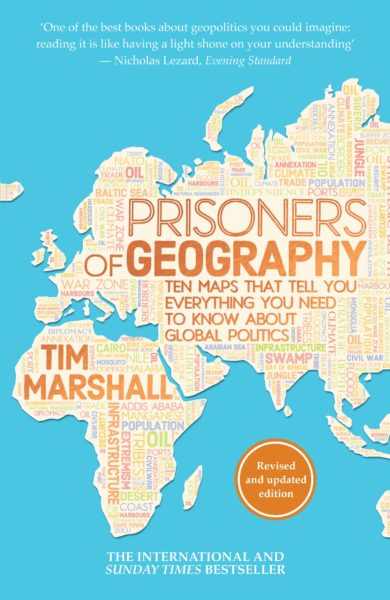 The darkest moment of the 2016 Vikings season was the severe knee injury sustained by quarterback Teddy Bridgewater just before the start of the regular season. While initial reports were confused, it appeared that the injury was potentially life-threatening and that Teddy might never play again. Yesterday, Teddy posted a short video to his Instagram account:
The darkest moment of the 2016 Vikings season was the severe knee injury sustained by quarterback Teddy Bridgewater just before the start of the regular season. While initial reports were confused, it appeared that the injury was potentially life-threatening and that Teddy might never play again. Yesterday, Teddy posted a short video to his Instagram account:
So this surfaced on Reddit today. Appears to be Teddy Bridgewater dropping back and throwing. #Vikings pic.twitter.com/KJlyUJu1BZ
— Cameron DaSilva (@camdasilva) March 28, 2017
At the Daily Norseman, Christopher Gates reacts:
Obviously, he doesn’t look quite the same at this point, but again … he’s seven months removed from his leg almost falling off, so it’s still pretty impressive. We’ve seen Bridgewater doing agility drills in videos previously, but this is the first time we’ve seen him doing what Mike Zimmer might refer to as “football-related activities.”
We know that Bridgewater has a long way to go (and, if he’s attempting to get back for 2017, a short time to get there). But after what he meant to the team in his first two seasons and how many Vikings fans immediately took to him since he was drafted, it’s hard not to be happy as heck to see this.
Hopefully we’ll have more … and continuing positive … updates on Teddy Bridgewater’s progress.
The Star Tribune reported that Vikings general manager Rick Spielman made a surprising comment on Teddy’s recovery (unrelated to yesterday’s video):
How is Vikings quarterback Teddy Bridgewater’s recovery from a devastating knee injury coming along? This might be a clue: GM Rick Spielman is making a surprising link between Bridgewater’s recovery work and that of former Viking Adrian Peterson during his now legendary comeback. Spielman, at the NFL owners’ meetings, said he watched quarterback Bridgewater last week and was impressed with what he saw. “I know he’s been working extremely hard. As far as a timeline, I know he was in last week and continuing to rehab with our medical staff and [head athletic trainer] Eric Sugarman,” Spielman said. “I can tell you there is no one I’ve seen other than Adrian [Peterson] when he came back from his ACL that has worked as hard as Teddy is working. And this is more significant than just an ACL. “But Teddy is incredible with the attitude and work ethic that he’s put in to get back on the field as quickly as we can.”
Update, 30 March: The infamous Bridgewater Underground is apparently active again!
And when the ‘he’ll never play again’ propaganda reached our shores, more left, and soon we were down to a scant few.
But cracks began to show in The Bradford Army. Small at first, but they grew larger, and more obvious. Obvious to the point they could no longer be ignored if you knew what you were looking for. It took us awhile to realize we weren’t dead, but hope soon returned to us in the form of Instagram and Snap Chat, and hope is a powerful aphrodisiac. Soon, people began returning, and our movement began to rebuild. Slowly at first, but you could feel momentum returning to our cause.
We’ve sent out some cryptic messages, and with each one, more partisans flock back to us. Our numbers grow by the day, and one thing seems clear — we’re coming home. And when we do, we will be ready to reclaim our throne. But we also know that with that, there are dark clouds on the horizon, darker than any dastardly coup.
Which is why these days, my thoughts consume me and sleep escapes me. With each second, the hour draws near, and with each hour, one thing feels more and more certain.
War looms, like Mordor once loomed over Middle Earth. A storm gathers, and it feels like a storm that can’t be avoided. The Bridgewater Underground wants peace, but the Bradford Army is entrenched, ready to defend their leader to the last.
But make no mistake, we are returning home. Home to what is rightfully ours. Maybe not today, maybe not next month, but we will return. We desire a peaceful transition, and we hope no Internet message board blood will be shed. But if there is to be war, then let there be war. It will be uglier than the Ponder-Webb Quarterback Message Board Wars of aught 12 and aught 13, but we are steeled in our resolve.
We are the Bridgewater Underground, and we are coming home.





